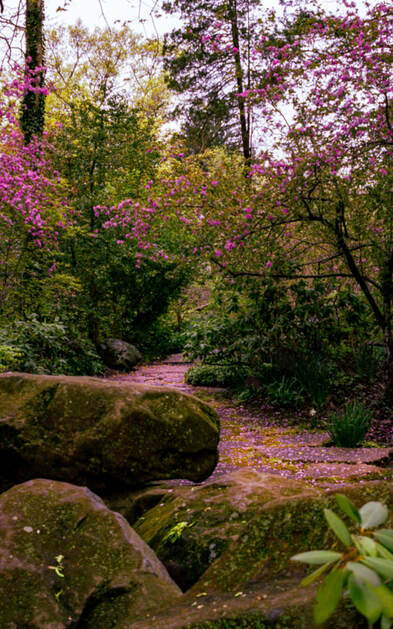 You’ll find that a Telephoto or Long Focal length lens is your friend at the zoo. Usually, you won’t find that the animals are moving quickly—like in a safari setting (after all, they’re enclosed). So, you don’t need the fancy/expensive equipment you’d need for the safari, but a long focal length with a wide aperture will help at the zoo. This combination allows for a shallow depth of field. Shallow depth of field will blur backgrounds and make netting and fences (enclosures) seem to disappear behind the animals—as well as allow you shoot right through the front of them! If the animal is far enough away from the front fencing, it will appear invisible in the picture. It’s a combination of the long focal length and wide aperture that affect the depth of field. Basically, the wider the aperture and longer the focal length the shallower the depth of field—the less fencing, netting, etc… you’d see. You may need to adjust your focus manually though, as your camera may try to focus on the fence instead of the animal behind it. Once you focus on the animal, though, the fence will disappear. I hope this tip helps you the next time you go to the zoo! While we’re all on this journey towards learning, I’d like to encourage you to pick up your camera, keep yourself and your gear safe and have a wonderful time!
0 Comments
 I can’t tell you how many times I’ve been out somewhere to take pictures, and I’ve had to remove trash from the area before I was able to actually take the photos. It’s awful how little respect we have for our environment. There is a saying photographers have and it is, “Take only photos, leave only footprints.” The more I explore the environment with my camera, the more I see it being trashed and trampled upon. Not only do I believe that we should not be polluting it, but I believe that we have the responsibility to care for it. That means being careful where we walk—that we don’t trample on delicate plants, etc… That we stay on paths as much as possible. That we carry out what we carry in. There are many photographers now that no longer share information about where they take photographs because they are seeing the damage being done by others who are visiting locations, and they are worried about the habitat not being able to withstand what is being done to it. That is sad. I understand why they don’t share. I think it’s sad that society shows so little regard for the environment. Just remember, if we want to be able to take pictures of beautiful scenes, we all have to do our part to care for our world!  How long will it take you to master photography? THAT is a loaded question! I don’t think you can really master photography. I think the more you learn, the more you realize you don’t know and the more questions it brings up. Therefore, you’re forever learning new things. It’s like a never-ending staircase… You take one step, only to realize there’s another step to take after that one. And so forth, and so forth. Sure, you may get very good at one area of photography (let’s just use astrophotography as an example). You may go out regularly, know all the gear and be a pro—winning all kinds of awards in this genre. BUT when it comes to macro photography, for example, you may be lacking in knowledge, skills and gear, etc… Again, you could study and buy all the gear and practice and become a proficient in this field and find out about another kind of photography—such as medium format film and have to start all over again. This could go on and on. I don’t know if any photographer would truly say that they’ve mastered all of photography. Perhaps they’d say they’ve mastered their area of photography or a few genres. I’d like to meet any person who can say they’ve truly mastered the craft. While we’re all on this journey towards learning, I’d like to encourage you to pick up your camera, keep yourself and your gear safe and have a wonderful time! |
What Is This Page?Since I love photography and teaching, I thought I would start a Blog page and share how I take my images, what I was thinking and about me. Categories
All
Archives
March 2022
Ready to Order
|

 RSS Feed
RSS Feed